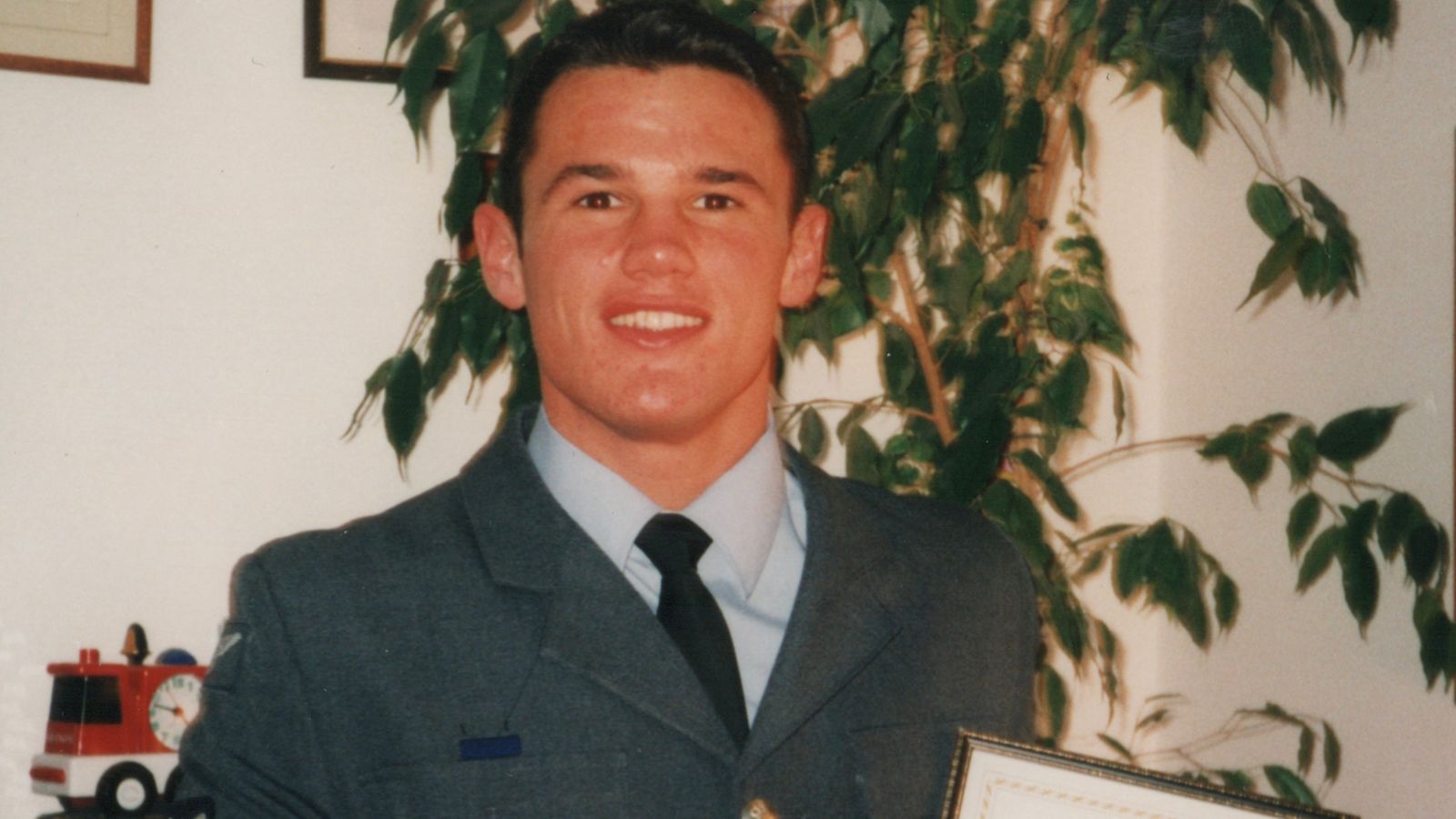Veterans dismissed from the military because of their sexuality will be able to reclaim medals that were confiscated from them.
Gay people were not allowed to serve in the military until 2000 and many of those in the services before then were made to leave.
But the Ministry of Defence has said it wants to address a “historical wrong” by giving back the medals earned by those affected.
It said: “Prior to 2000, a number of armed forces personnel were discharged from service on the basis of their sexuality.
“Some received convictions under specified legislation for homosexual behaviour that has now been de-criminalised, while others were discharged solely on the basis of their sexuality, without any conviction.
“In the course of their discharge, some personnel either forfeited medals directly, or were prevented from continuing to serve and thus denied the ability to regain medals that might previously have been forfeited for unrelated reasons.
“The MoD is committed to addressing this historical wrong and is introducing a policy which enables individuals to apply to have their medals restored.”
Personnel will be able to apply to have their case reviewed by the defence council and successful applicants will be able to get a new medal.
If the person has died then their family can apply for a review on their behalf.
Among those affected by the ban was Carl Austin-Behan, deputy lord lieutenant of Greater Manchester and trustee of the LGBT+ veterans’ charity Fighting With Pride.
Mr Austin-Behan joined the armed forces in 1989 and had a busy career, including a bravery award and an honour from the Queen.
But in 1997, he was called in to see senior RAF personnel and the RAF police.
He said: “When they asked if I was a homosexual I knew my life was about to change.
“As they began to ask me again, I broke down crying before they could finish.
“Once I composed myself I explained that I’d been expecting this interview.
“The lad I was seeing told me he’d informed the RAF, thinking it would just mean I wouldn’t be posted overseas.
“In preparation for the interview I told everyone I worked with and none of them had a problem with it.
“Due to my exemplary service record, the awards I received, and the charity work I’d undertaken, they decided to suspend me from duty rather than send me to military prison – which was still an option.
“I was marched off camp within an hour, just enough time to be able to throw everything I had into boxes, which the RAF would deliver to an address of my choice.”
Falklands veteran Joe Ousalice took the MoD to court to get his medal returned after he was forced to leave the Royal Navy in 1993 due to his sexuality.






















